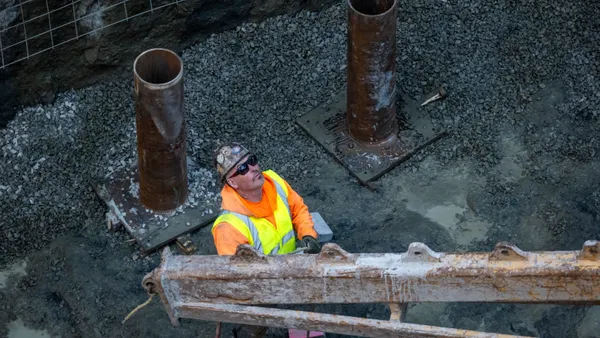Dive Brief:
-
Zillow reported the Breakeven Horizon, or the point at which buying a home becomes less expensive than renting the same home, is only 1.9 years in 70% of U.S. housing markets.
-
However, condominiums, which Zillow said is a common option for young homebuyers in urban neighborhoods, have a longer Breakeven Horizon because of condo association fees.
-
Homebuyers in pricier markets like Boston, New York, Washington, DC, and the San Francisco Bay area would have to stay in a home from between three years and four-and-a-half years to make homeownership a better proposition than renting, while buyers in Dallas, Indianapolis, Detroit and Atlanta would see a payoff in less than one-and-a-half years.
Dive Insight:
Zillow considers the Breakeven Horizon one of the major points to consider when planning a home purchase, as it advises buyers whether buying or renting is the better financial decision. The lower the Breakeven Horizon, the more advantageous it is for people to buy rather than rent.
During 2015, the Breakeven Horizon period shortened in the Midwest, Southeast and the Northeast corridor from New York to Boston; however, the path to the Horizon became longer in Florida, Northern California and the Northeast stretch from Virginia Beach, VA, to Philadelphia.
Even though homeowners realize the financial benefits of buying a home versus renting in a relatively short period of time in all markets, Zillow said that for those under 35 who stay employed at the same place for only an average of three years, buying might not be the best choice if they have to make a move from one market to another to take a new job.
"Even with record-high rents in job centers like San Jose, Boston and Washington, DC, putting off a home purchase might be the best financial decision for a young person who has saved enough for a down payment, depending on how long they intend to stay in their jobs and homes," Zillow Chief Economist Svenja Gudell said.
That suggestion benefits the multifamily rental market rather than single-family home builders, who are anxiously awaiting the arrival of young buyers into the housing market.










